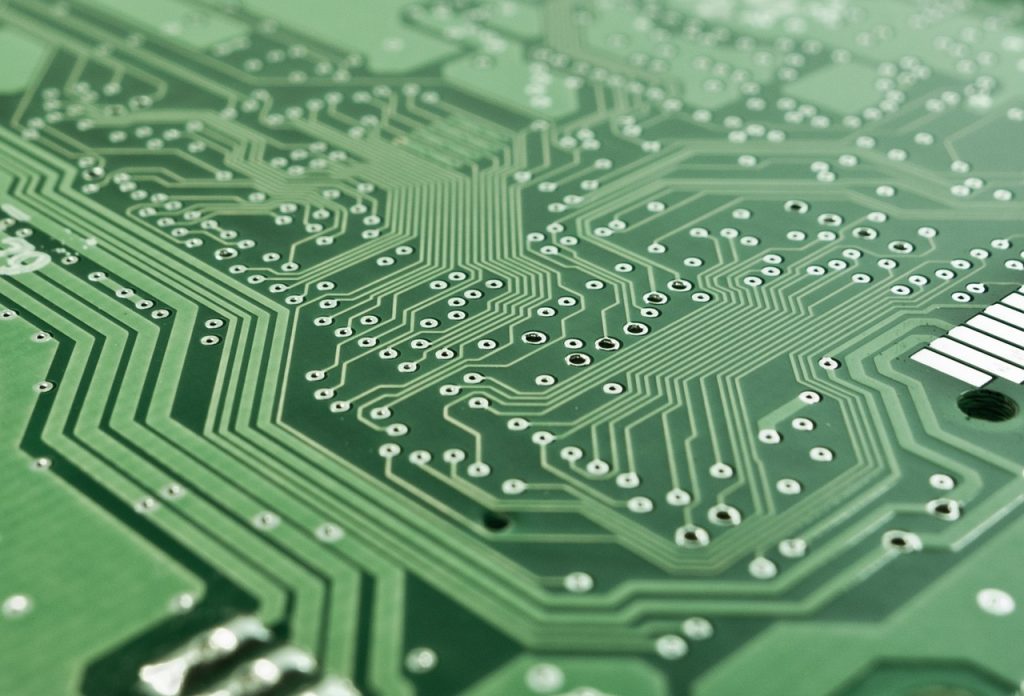Report: Estonian businesses have a global potential in chip design and testing
The need for chips will skyrocket in the coming decade and experts are seeing opportunities opening up for Estonian businesses in chip design and verification and the testing of the security of chips, the brief report “Embedded Systems and Chip Technologies: The State of Play and Prospects” by the Foresight Centre reveals.

The global market volume of chips and embedded systems is estimated at about 550 billion euro and the sector is projected to increase to a trillion by 2030. “It is not very likely that large chip plants will be set up in Estonia because this would involve large investment needs and high risk, but we have a potential in small and serial production of chips as well as in special solutions,” Uku Varblane, Head of Research of the Foresight Centre, pointed out. He added that Estonia’s opportunities would be increased by a breakthrough in freeware chips as it was feasible for small companies to produce them.
The Foresight Centre points out in its brief report that it is economically realistic for Estonia to fulfil certain stages in the production of novel high-temperature semiconductor devices, e.g., base crystals. “As technologies become simpler, it will be possible to begin to offer special solutions and small series – large international chip plants do not produce small series,” Varblane said.
So far, the focus in the development of chip technologies has been on the development of smaller and cheaper chips and faster chips with lower energy consumption. In the opinion of the experts who participated in the study, constant development can be expected in chip technologies in the future as well, but not a revolution. According to the data of Startup Estonia, Estonian technology companies operating in chip technologies include for example Selfdiagnostics (medical chip labs), Analoogdisaini AS (microcircuit development), LightCode Photonics (3D camera technology), Testonica (semiconductor device software testing), GScan (particle sensor technology), and Evikon (sensor devices).
Chips find application in nearly all areas of life from security to healthcare and the growing need for chips is further driven by the green and digital transition. In connection with the increasing complexity of chips, they are more and more labour-intensive to develop and therefore a larger share of value creation has shifted from semiconductor production companies to their development companies. There are increasingly more companies in the sector who do not have their own production capacities.
The report points out that the production of embedded system components is not very likely in Estonia due to the large investment need and high risk of the production.
The brief report “Embedded Systems and Chip Technologies: The State of Play and Prospects” is part of the Foresight Centre’s line of research “Green Transition Scenarios in Estonia”. The report is based on the study “Alternative development trajectories to deep technologies and their significance for Estonia” which CIVITTA Estonia carried out at the request of the Foresight Centre.
Latest news
-
16.01 2026Study: The transition to Estonian-language-based education has led Russian families to use the help of private tutors
Hiring private tutors is widespread in Estonia. According to the study by the Foresight Centre, “The Use of Private Tutors in Estonia”, the need for private tutoring is greatest in Russian-speaking families, where private tutors are hired more than twice as often as in Estonian-speaking families.

 An independent think tank at the Riigikogu
An independent think tank at the Riigikogu